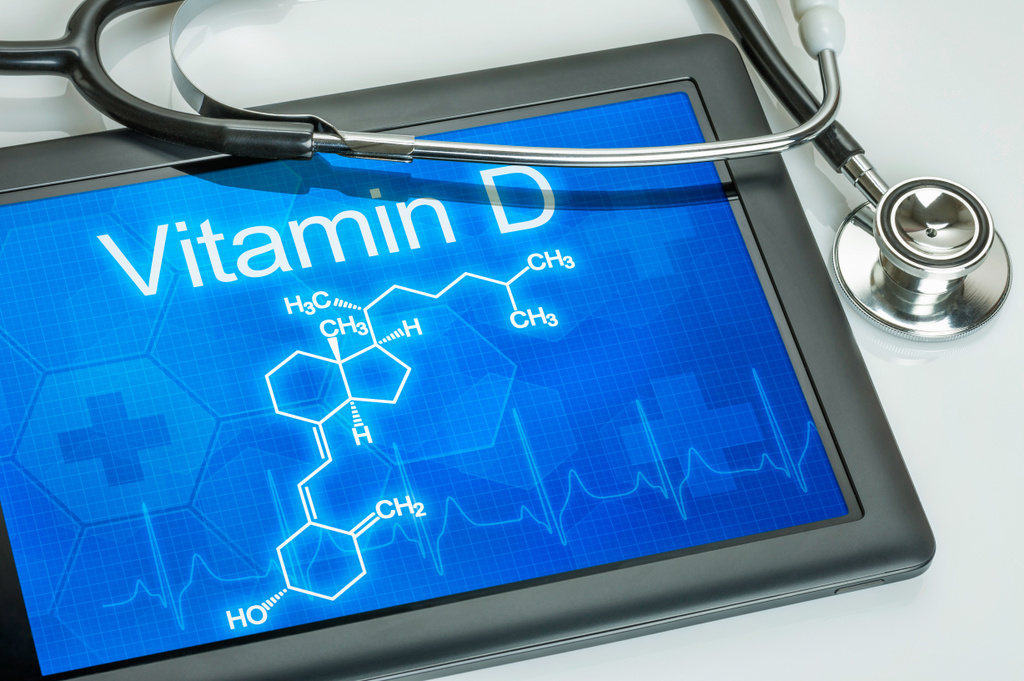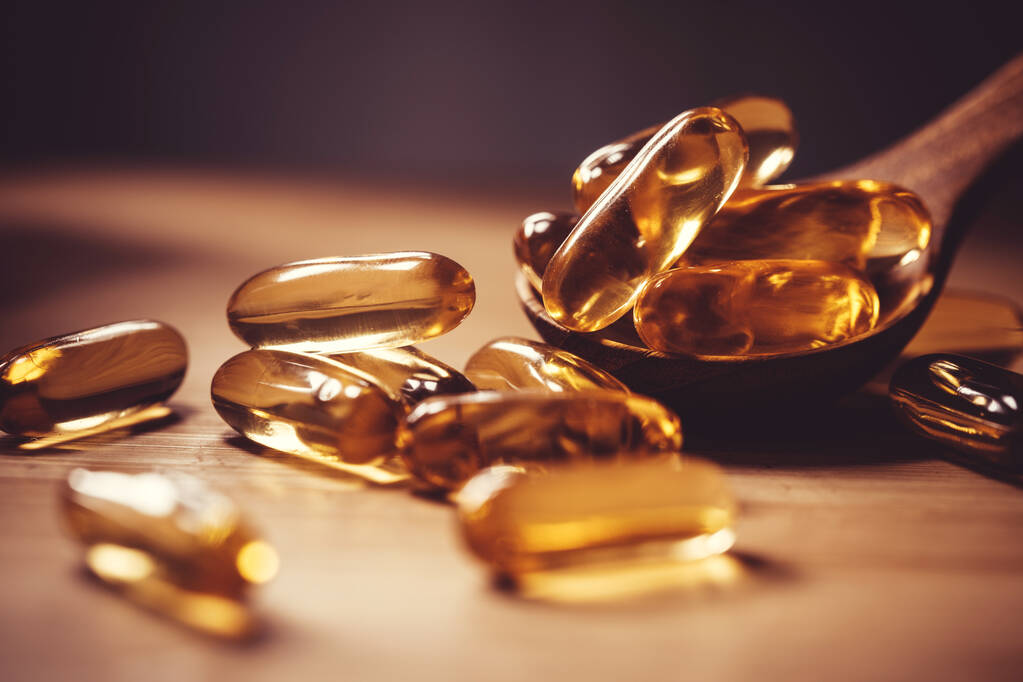Vitamin D: Energy Booster Explained
09/13/2023

Welcome to the sun-kissed world of Vitamin D, the superstar nutrient that's got a lot to do with your energy levels. This isn't just any old vitamin, oh no! This is the vitamin that's got the power to turn your day from 'meh' to 'marvelous'.
But what exactly is Vitamin D, and how does it work its magic? Well, buckle up, because we're about to embark on a fun-filled journey into the heart of this energy-boosting wonder. Ready? Let's dive in!

What is Vitamin D?
First things first, let's get to know our star of the show. Vitamin D, also known as the 'sunshine vitamin', is a fat-soluble vitamin that your body produces when your skin is exposed to sunlight. It's like your body's own little solar panel, soaking up the sun's rays and converting them into a form of energy that your body can use.
But Vitamin D isn't just about soaking up the sun. It also plays a crucial role in helping your body absorb calcium, which is essential for healthy bones and teeth. So, not only does Vitamin D help to keep you feeling energized, it also helps to keep your skeleton strong and sturdy. Talk about a multitasker!
The Two Types of Vitamin D
Now, here's where things get a little bit science-y. There are actually two main types of Vitamin D: Vitamin D2 (ergocalciferol) and Vitamin D3 (cholecalciferol). Both types are important for your health, but they do have some differences.
Vitamin D2 is found in certain types of food, like mushrooms and fortified foods. On the other hand, Vitamin D3 is the type that your body produces when your skin is exposed to sunlight. It's also found in certain types of food, like fatty fish and egg yolks. Both types can help to boost your energy levels, but Vitamin D3 is generally considered to be the more potent of the two.
How Does Vitamin D Boost Energy?
Now that we've got the basics covered, let's get down to the nitty-gritty: how does Vitamin D actually boost your energy levels? Well, it's all down to the way that Vitamin D interacts with your cells.
Every cell in your body has a Vitamin D receptor, which is like a little docking station for Vitamin D. When Vitamin D docks onto these receptors, it sends a signal to your cells to start producing energy. It's like flicking a switch that tells your cells to get to work!
The Role of Vitamin D in Mitochondrial Function
One of the key ways that Vitamin D helps to boost your energy levels is by supporting the function of your mitochondria. These are the little powerhouses of your cells, responsible for producing the energy that your cells need to function.
Research has shown that Vitamin D can help to increase the number and efficiency of your mitochondria, which can lead to a boost in energy production. So, by keeping your mitochondria happy and healthy, Vitamin D can help to keep your energy levels up.
Vitamin D Deficiency and Fatigue
So, we've seen how Vitamin D can help to boost your energy levels, but what happens when you don't get enough of it? Well, one of the main symptoms of Vitamin D deficiency is fatigue, or a constant feeling of tiredness.
This is because, without enough Vitamin D, your cells can't produce as much energy as they need to function properly. This can leave you feeling tired and sluggish, even if you're getting plenty of sleep.
Other Symptoms of Vitamin D Deficiency
While fatigue is one of the most common symptoms of Vitamin D deficiency, it's not the only one. Other symptoms can include muscle weakness, bone pain, and mood changes, like depression or anxiety.
It's also worth noting that Vitamin D deficiency can be a risk factor for certain types of diseases, like osteoporosis and certain types of cancer. So, getting enough Vitamin D isn't just about boosting your energy levels, it's also about keeping your body healthy.
How to Get More Vitamin D
So, how can you make sure you're getting enough Vitamin D to keep your energy levels up? Well, there are a few different ways you can boost your Vitamin D intake.
The most obvious way is to get more sunlight. Your body produces Vitamin D when your skin is exposed to sunlight, so spending time outside in the sun can help to boost your Vitamin D levels. Just make sure to protect your skin with sunscreen, as too much sun exposure can lead to skin damage.
Vitamin D from Food
Another way to get more Vitamin D is through your diet. Certain types of food are rich in Vitamin D, including fatty fish like salmon and mackerel, egg yolks, and fortified foods like milk and cereal.
By including these foods in your diet, you can help to boost your Vitamin D levels and keep your energy levels up. Plus, they're delicious, so it's a win-win!
Vitamin D Supplements
If you're struggling to get enough Vitamin D from sunlight and food alone, you might want to consider taking a Vitamin D supplement. These can be a convenient way to boost your Vitamin D levels, especially if you live in a place with limited sunlight or have dietary restrictions that make it difficult to get enough Vitamin D from food.
Just remember, it's always a good idea to talk to your doctor before starting any new supplement regimen. They can help you determine the right dosage for your needs and monitor your Vitamin D levels to make sure they're in the healthy range.

Conclusion
And there you have it, the lowdown on Vitamin D and its role as an energy booster. From its role in cellular energy production to the symptoms of deficiency, we've covered it all. So, the next time you're feeling a bit sluggish, remember the power of Vitamin D. It might just be the pick-me-up you need!
Just remember, while Vitamin D is a superstar when it comes to boosting energy, it's not a magic bullet. It's just one piece of the puzzle when it comes to maintaining good health and high energy levels. So, make sure to pair your Vitamin D intake with a balanced diet, regular exercise, and plenty of sleep. Here's to feeling energized and ready to take on the world!

 Back to Blog
Back to Blog